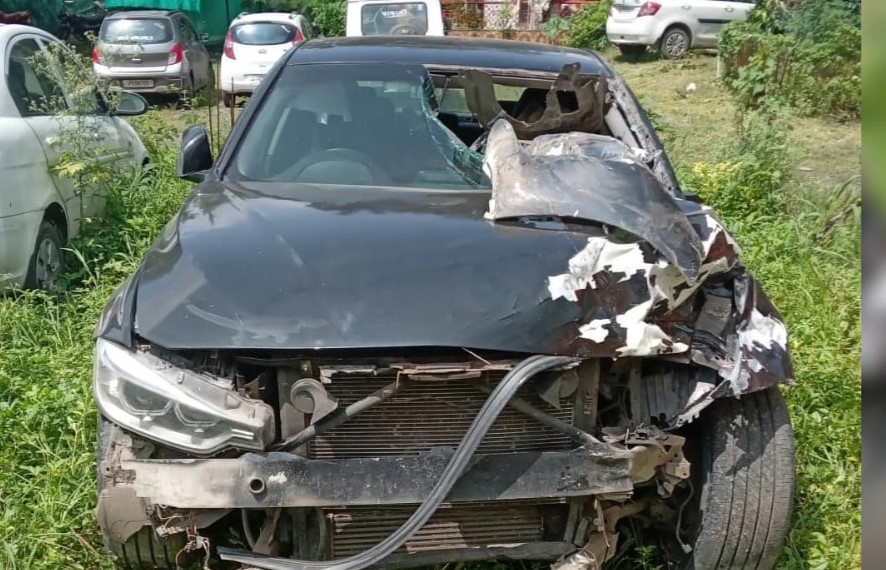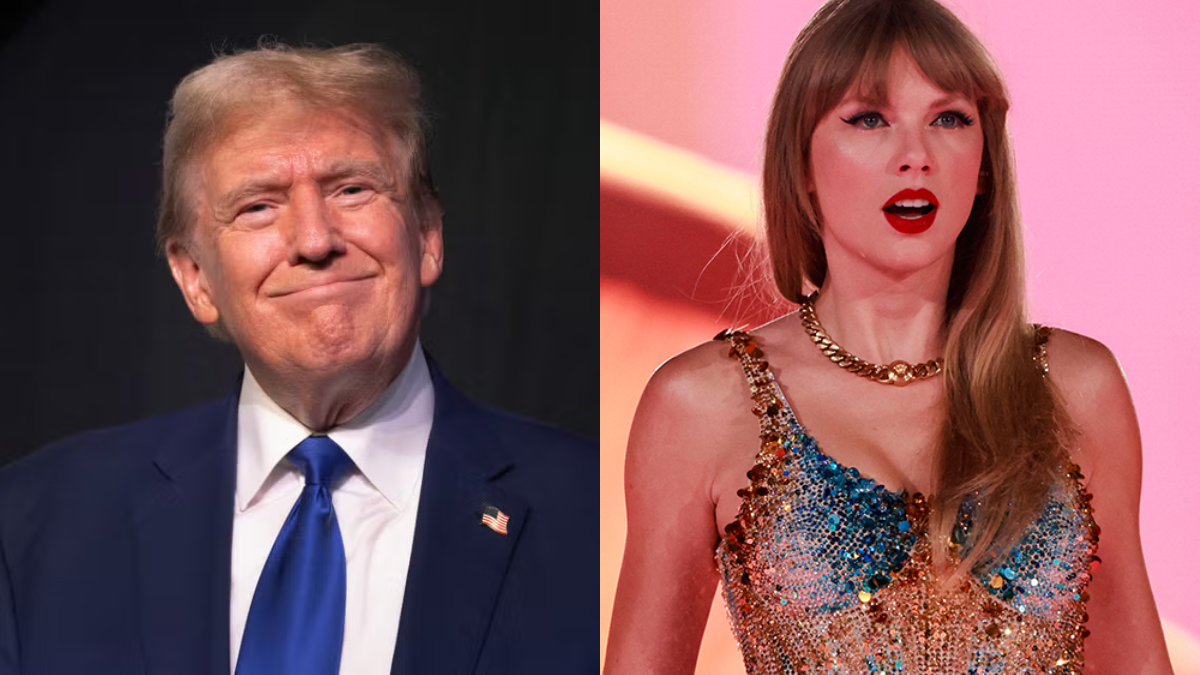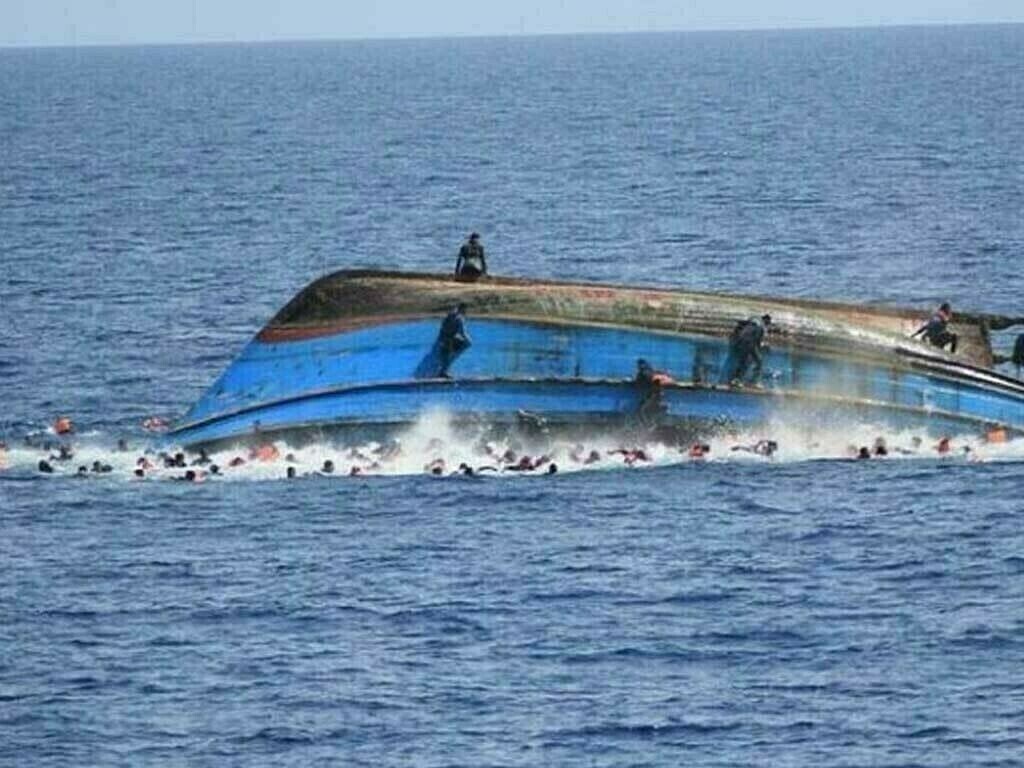The Director-General of the World Health Organization (WHO) has declared the outbreak of mpox to be a public health emergency of international concern.

The Director-General of the World Health Organization (WHO), Dr. Tedros Adhanom Ghebreyesus, has declared that the increase in cases of smallpox in the Democratic Republic of the Congo (DRC) and in several African countries constitutes a public health emergency of international concern (PHEIC) under the International Health Regulations (2005) (IHR).
Dr. Tedros made this declaration following the advice of an IHR Emergency Committee comprised of independent experts. The Committee reviewed data from WHO and affected countries and concluded that the upsurge of smallpox is indeed a PHEIC, with the potential to spread further across countries in Africa and possibly beyond the continent.
"The Director-General will share the report of the Committee's meeting and issue temporary recommendations to countries based on the Committee's advice.
Dr. Tedros stated that a new strain of smallpox has emerged and is rapidly spreading in eastern DRC, with cases reported in neighboring countries. He emphasized the need for a coordinated international response to combat these outbreaks.
Dr. Matshidiso Moeti, the WHO Regional Director for Africa, highlighted ongoing efforts to control smallpox in collaboration with communities and governments. International action is being scaled up to support countries in ending the outbreaks.
Committee Chair Professor Dimie Ogoina emphasized the emergency posed by the current upsurge of smallpox in Africa and the spread of a new sexually transmissible strain of the monkeypox virus. This is a global emergency that needs decisive action to prevent history from repeating itself.
This determination marks the second Public Health Emergency of International Concern (PHEIC) related to smallpox in two years. Smallpox, caused by an Orthopoxvirus, was first detected in humans in 1970 in the DRC and is considered endemic to countries in central and west Africa.
The multi-country outbreak of smallpox in 2022 was declared a PHEIC as it spread rapidly via sexual contact across countries where the virus had not been seen before. The PHEIC was declared over in May 2023 after a sustained decline in global cases.
Smallpox has been reported in the DRC for more than a decade, with a steady increase in reported cases each year. Last year saw a significant increase in reported cases, and the number of cases reported this year has already exceeded last year’s total, with over 15,600 cases and 537 deaths.
The emergence of a new virus strain in DRC, clade 1b, spreading mainly through sexual networks and detected in neighboring countries, is a major concern and a key reason for the PHEIC declaration. Over 100 laboratory-confirmed cases of clade 1b have been reported in four countries neighboring the DRC: Burundi, Kenya, Rwanda, and Uganda. The true number of cases is believed to be higher as many clinically compatible cases have not been tested.
Multiple outbreaks of different clades of smallpox have occurred in different countries, with varying modes of transmission and risk levels.
The two smallpox vaccines currently in use are recommended by WHO’s Strategic Advisory Group of Experts on Immunization and approved by national regulatory authorities, including those in Nigeria and the DRC.
The Director-General has initiated the process for Emergency Use Listing for smallpox vaccines to accelerate vaccine access for lower-income countries. This listing also enables partners like Gavi and UNICEF to procure vaccines for distribution.
WHO is working with countries and vaccine manufacturers on potential vaccine donations and coordinating with partners through the interim Medical Countermeasures Network to facilitate equitable access to vaccines, therapeutics, diagnostics, and other tools.
An immediate funding requirement of an initial US$ 15 million to support surveillance, preparedness, and response activities is anticipated. A needs assessment is being conducted across the three levels of the Organization.
To enable an immediate scale-up, WHO has released US$ 1.45 million from the WHO Contingency Fund for Emergencies and may need to release more in the coming days. The Organization appeals to donors to fund the full extent of needs of the smallpox response."
Photogallery



















